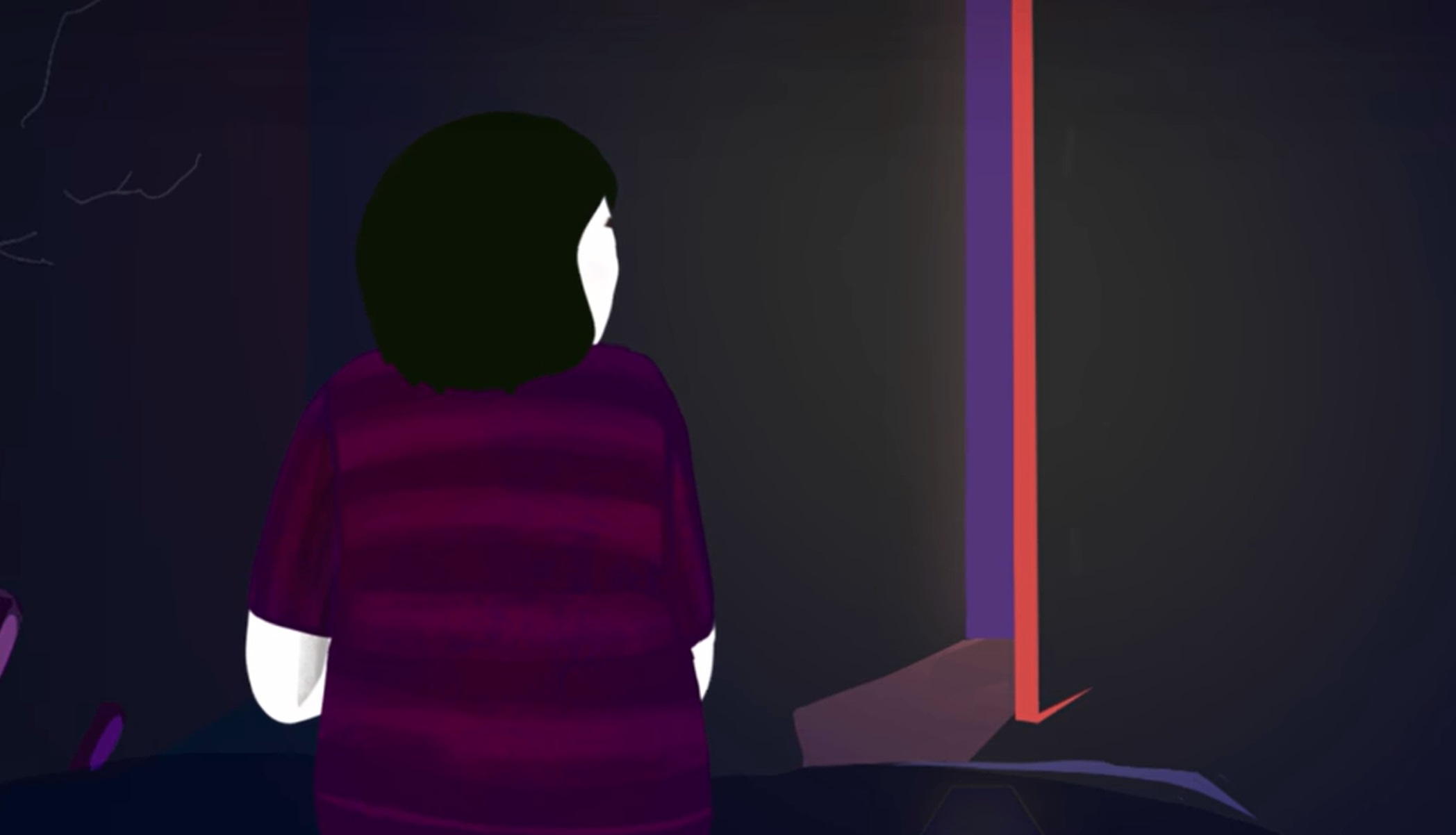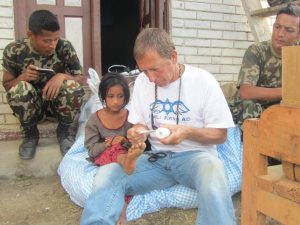Peace, Justice and Strong Institutions


Home » Peace, Justice and Strong Institutions » SDG 16-Domestic Violence, Fueled by Corona
SDG 16-Domestic Violence, Fueled by Corona
Alongside the intense medical challenge to save lives threatened by the coronavirus, the pandemic has exacerbated an array of social challenges that of course precede the crisis – and unfortunately will continue well after it. In Israel, as elsewhere, the issue of domestic violence is attracting particular attention in this context.
Indicative of the worsening situation, the Social Services Ministry has reported a sharp and advancing upswing in the past few weeks in the number domestic violence complaints to its hotline: an average of 33 per day during the second half of April, as compared with eight per day from mid-March to mid-April. The Israeli non-profit ERAN, which provides emotional support online and by phone, reported that the number of calls and emails concerning domestic violence it has been receiving jumped from around 500 between January-March to more than 700 from March-early May.
In an effort to confront the challenge, the Ministry recently added a text message option for complaints. Explaining the rationale behind the new option, Iris Florentin, Senior Deputy Director at the Ministry, said authorities are working under the assumption that many more citizens are simply not reaching out due a lack of privacy exacerbated by necessary policies adopted to stop the virus from spreading.


The challenge goes beyond the need to deal with violence itself. From the start of the lockdown till its easing, at least four acts of suicide – two women and two men – resulting from domestic violence were recorded by the Ministry. Hagai Moyal, its national superintendent for domestic violence, updated the Israeli parliament (Knesset) of a multi-lingual campaign launched by his office in an effort to stem this development.
Moyal also informed the Knesset of the opening of a new shelter for battered women, where they can spend the two-week self-quarantine period before entering a regular shelter to protect them. The Women’s International Zionist Organization (WIZO), a partner to the initiative, praised the speed in which the new shelter was approved and its staff prepared to receive women in need. (WIZO is a volunteer organization dedicated to social welfare and women’s advancement.)
In another measure to protect spouses, “Haaretz” reported that Israel has begun housing in hostels and hotels abusive men who have been removed from their homes under restraining orders and have nowhere to stay. “Haaretz” quotes Moyal as writing in an internal document: “These days, we are witnessing more and more people who were removed from their homes under restraining orders and cannot find an alternative place to stay because their families/friends and landlords are avoiding providing a solution amid fears of the coronavirus.”
Related articles


SDG 16- Volunteering as a Way of Life – Part 1
Peace, Justice and Strong Institutions Read Part 2 For historical reasons, there was a time when the mention of volunteering in Israel conjured up memories


SDG 16-“Not Objects Anymore”
Peace, Justice and Strong Institutions Misconception number one: Prostitution is a choice. In reality prostitution is primarily the result of a lack of choice, among


SDG 16-Risking Lives to Save Lives – Israel Flying Aid
Peace, Justice and Strong Institutions Gal Lusky is an Israeli mom with a full-time job out of the home. That is one way of describing


















